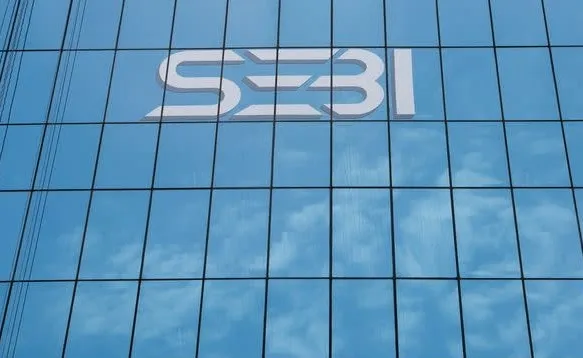Why Did SEBI Ban Patel Wealth Advisors and Its Directors?

Synopsis
Key Takeaways
- SEBI has banned Patel Wealth Advisors and its directors for illegal trading.
- They were involved in order spoofing, misleading market participants.
- SEBI ordered the recovery of Rs 3.22 crore in illegal gains.
- The manipulation affected 173 stocks over 292 trading days.
- SEBI is enhancing methods to detect market manipulation.
Mumbai, April 28 (NationPress) The Securities and Exchange Board of India (SEBI) has taken decisive measures against Patel Wealth Advisors (PWA) and its four directors due to their participation in illicit trading activities. The market regulator has prohibited them from engaging in the securities market and mandated the recovery of Rs 3.22 crore in unlawful profits.
SEBI discovered that PWA engaged in ‘order spoofing’, a deceptive practice that involves placing substantial buying or selling orders intending to cancel them before they are executed.
This tactic allows them to conduct trades on the opposite side to benefit from price movements caused by those misleading orders.
In an interim order released on Monday, SEBI indicated that while order spoofing had previously been detected on a smaller scale within India, this incident marks the first identification of such a large-scale operation.
SEBI’s whole-time member, Kamlesh Varshney, stated that PWA’s conduct misled other investors and disrupted the market's fair operation.
He stressed that allowing such practices would jeopardize investors’ interests and erode trust in the stock market.
“Order spoofing is a manipulative, fraudulent, and unfair trading practice utilized by PWA to mislead other market participants and gain from price fluctuations they caused in unsuspecting investors in the market. This conduct distorted market prices and compromised market efficiency,” Varshney remarked.
The investigation revealed that PWA’s spoofing activities occurred in both cash and derivatives segments over a three-year period, from January 2021 to January 2025.
SEBI's findings indicated that PWA manipulated 173 stocks across 292 trading days, sometimes multiple times within a single day, executing a total of 621 unique spoofing instances.
The manipulation involved placing large fraudulent orders far removed from the current market price to fabricate a false sense of demand or supply.
Once prices shifted in their favor, PWA swiftly executed trades on the contrary side and subsequently canceled the large fraudulent orders, securing improper profits.
The regulator also pointed out that despite receiving multiple warnings and proceedings from the National Stock Exchange (NSE), PWA persisted with these unfair trading practices.
SEBI noted that it has now developed advanced techniques to uncover such intricate market manipulations. Furthermore, a comprehensive investigation will follow.





